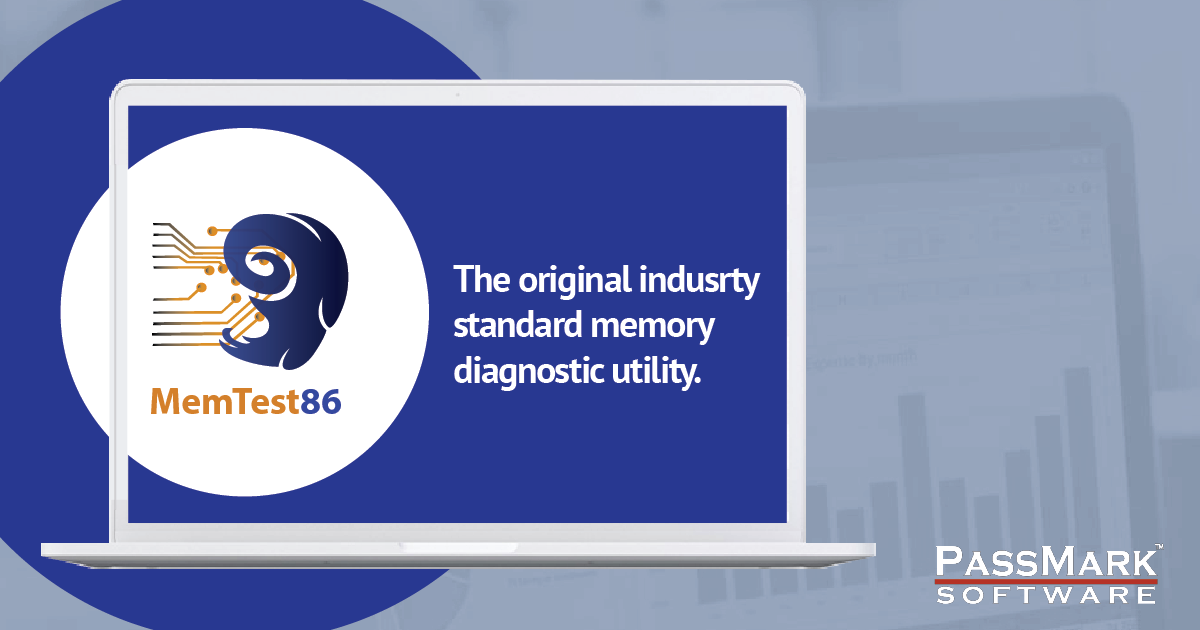Over the last few months I've been struggling with many different blue screens, freezes, crashes etc. Sometimes they happen all the time, sometimes once every few days or less. During gaming, browsing folders, the web, anything. Blue screens were rather random (the most frequent one saying 'memory management'), but eventually they stopped showing up at all as my PC started freezing instead (can move the mouse around, do stuff for a few seconds before it becomes unresponsive). Then I can usually move my mouse around but that's all, everything else is frozen and unresponsive. Sometimes the mouse pointer freezes too. One time I was playing SCP secret lab,alt-tabed to browser and noticed it froze. Couldn't open folders, close the browser, nothing. Funny enough one thing I could do is go back in game and play for 10 more sec before it froze completely. Thought it may be software at first as reinstalling drivers for graphics card seemed to stop freezing but I guess it may have been a coincidence.
Event viewer used to give me the 'volmgr' errors, saying it can't make a dump file but now doesn't give me any critical errors except for the 'unexpected shutdown' when I restart my pc forcefully. Bluescreen view doesn't really show any errors at all. It gave me one on the 5th of January with 2 files highlighted: ndis.sys and ntoskrnl.exe. I believe I then used sfc scan and dcim which helped for a few days at most.
Doing an SFC scan or a DCIM freezes my PC now even in safe mode (tried 4 times). I might try again tomorrow.
I have also tried or things I've noticed:
-switching the graphics card from 6700xt to nvidia 1060, didn't help
-windows memory test came up with nothing
-switching the ram with another PC (exactly same memory, same brand, etc.). Interesting enough the other PC experienced one crash with my old ram, which didn't happen in the past. I have also experienced a blue screen on my PC for the first time in a while but afterwards it went back to freezing (error said memory managment). No error in bluescreenview or event viewerbut it might be because I had mini dumps in system settings. I switched them to full dumps, had a freeze 10 min ago and nothing in eventviewer or bluescreenview
-an hour or two ago it froze on the login screen. Could move the mouse, couldn't click anything as it was unresponsive. Noticed some fans started running (think CPU)
Specs:
ryzen 5 3600,
b450 tomahawk motherboard,
1060 6gb nvidia msi.
PSU is EVGA SuperNOVA 750 G3, 80 Plus Gold 750W.
System windows 10
Would appreciate any tips.
Event viewer used to give me the 'volmgr' errors, saying it can't make a dump file but now doesn't give me any critical errors except for the 'unexpected shutdown' when I restart my pc forcefully. Bluescreen view doesn't really show any errors at all. It gave me one on the 5th of January with 2 files highlighted: ndis.sys and ntoskrnl.exe. I believe I then used sfc scan and dcim which helped for a few days at most.
Doing an SFC scan or a DCIM freezes my PC now even in safe mode (tried 4 times). I might try again tomorrow.
I have also tried or things I've noticed:
-switching the graphics card from 6700xt to nvidia 1060, didn't help
-windows memory test came up with nothing
-switching the ram with another PC (exactly same memory, same brand, etc.). Interesting enough the other PC experienced one crash with my old ram, which didn't happen in the past. I have also experienced a blue screen on my PC for the first time in a while but afterwards it went back to freezing (error said memory managment). No error in bluescreenview or event viewerbut it might be because I had mini dumps in system settings. I switched them to full dumps, had a freeze 10 min ago and nothing in eventviewer or bluescreenview
-an hour or two ago it froze on the login screen. Could move the mouse, couldn't click anything as it was unresponsive. Noticed some fans started running (think CPU)
Specs:
ryzen 5 3600,
b450 tomahawk motherboard,
1060 6gb nvidia msi.
PSU is EVGA SuperNOVA 750 G3, 80 Plus Gold 750W.
System windows 10
Would appreciate any tips.



